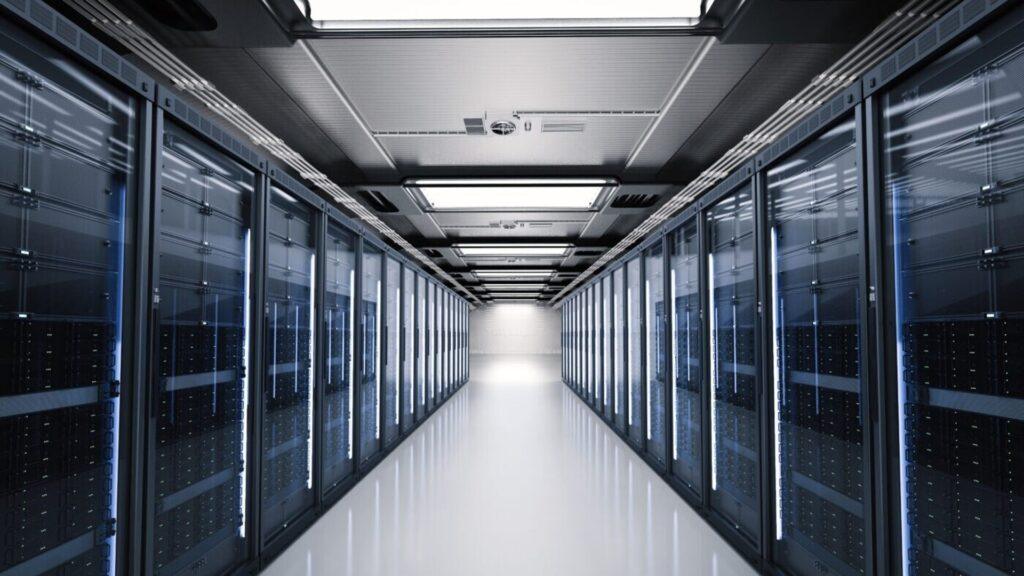- Liquid cooling systems are becoming critical for high-density AI computing workloads
- Coolant-refilling robots hint at shift toward self-sustaining data ecosystems
- Energy conversion efficiency remains critical for sustainable large-scale AI operations
At the recent Open Compute Project (OCP) 2025 Global Summit held in San Jose, California, Taiwanese technology manufacturers showcased a range of next-generation data center innovations.
Among them, automated robots designed to refill liquid cooling systems drew attention for their potential to transform the way high-density computing environments are managed.
The combination of automation and self-maintenance capabilities of the technology creates a futuristic atmosphere reminiscent of science fiction.
Taiwan’s growing role in AI infrastructure
According to reports from China TimesThe year 2025 marked Taiwan’s strongest presence at the summit.
More than 20 Taiwanese companies, including renowned manufacturers such as Delta Electronics, Lite-On Technology and Wiwynn, presented new developments in AI server infrastructure, networking and cooling technologies.
Thermal management has become one of the key challenges for AI-powered data centers.
As a result, Taiwan’s Auras Technology introduced a fully automated liquid cooling system.
The system features refrigeration distribution units and robots capable of refilling refrigerant without human intervention.
While the technology could reduce maintenance demands and improve uptime, analysts question whether widespread deployment will be cost-effective for most operators.
Sunonwealth introduced modular liquid cooling systems designed to handle extreme thermal loads, a necessity for AI training groups that generate unprecedented heat densities.
In addition to cooling, Lite-On Technology introduced megawatt-scale data center power solutions that emphasize high-efficiency power conversion for sustainable cloud operations.
Meanwhile, Alpha Networks showed off a 1.6 terabit water-cooled network switch built on Broadcom’s Tomahawk 6 chip.
These products highlight a broader trend of hardware adaptation to AI workloads, where efficiency and performance must coexist with compact, thermally stable designs.
The integration of robotic systems and artificial intelligence tools into cooling infrastructure shows how far automation has advanced in data center management.
However, as analysts point out, technical ability does not always lead to commercial success. The industry still faces questions about cost, complexity and long-term reliability.
Led by Meta, the OCP Summit has become a central venue for unveiling open and sustainable designs aimed at powering large-scale AI systems.
The 2025 event hosted several major players in the tech industry, including global giants such as Microsoft, Google, Samsung, Nvidia, AMD, Broadcom, Marvell, Cisco and ARM.
Follow TechRadar on Google News and add us as a preferred source to receive news, reviews and opinions from our experts in your feeds. Be sure to click the Follow button!
And of course you can also follow TechRadar on TikTok for news, reviews, unboxings in video form and receive regular updates from us on WhatsApp also.




